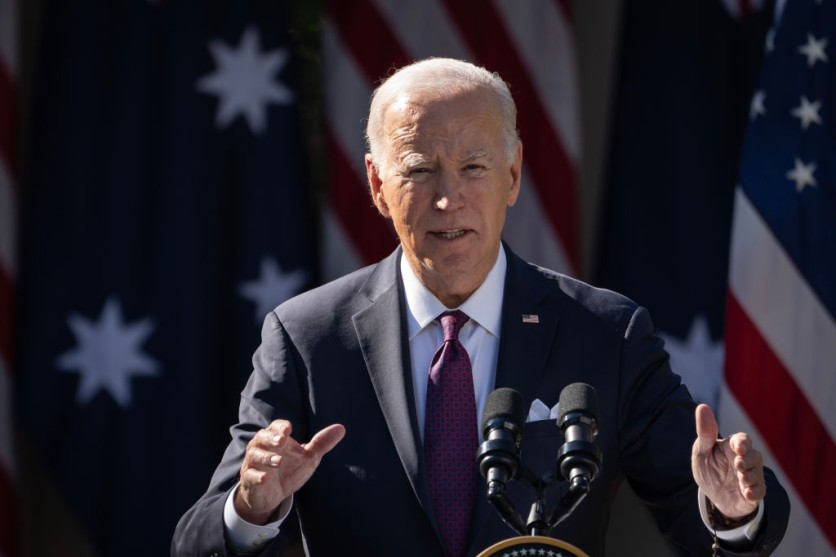As US President Joe Biden announced, China-made electric vehicles and goods will be subject to a new set of tariffs. Most notably, the administration will quadruple the Chinese EV tariff from 25% to 100%.
According to the Guardian, the action was taken after a four-year evaluation. It was intended as a preventive measure to prohibit low-cost, heavily subsidized Chinese items from entering the US market and stunting the expansion of the country's green technology industry.
Reports indicate that tariffs on lithium batteries will increase from 7.5% to 25%, semiconductors from 25% to 50%, key minerals from zero to 25%, and solar cells from 25% to 50%.
The zero to 7.5% tariffs currently apply to steel, aluminum, and personal protective equipment, and they will increase to 25%.

Biden claimed that the higher taxes were a reasonable response to China's overcapacity in the EV industry, notwithstanding the possibility of Beijing retribution.
According to sources, China produces 30 million EVs annually but can only sell 22 to 23 million domestically.
Due to tariffs imposed by Donald Trump during his presidency, Chinese electric vehicles were all but shut out of the US, making Biden's car tariffs purely symbolic.
Lobby groups, however, have warned of a potential threat in the future as Beijing looks to export to offset its economy's fragility.
According to the Alliance for American Manufacturing, entering Chinese automobiles into the US market would cause its automakers to face "extinction-level events."
The new tariffs will take effect 90 days from Tuesday. According to White House officials, the goal was to support US economic sectors experiencing a cycle of disinvestment rather than to intensify trade disputes.
US Concerns on Chinese Goods
Forbes reports that Biden's proposed tariffs are the most recent development in Washington and Beijing's years-long trade spat.
Concern has recently been raised about the overabundance of Chinese goods in important industries such as consumer goods, steel and construction, batteries, electronics, and solar panels.
China, the second-biggest economy in the world and its top exporter has reportedly turned to manufacture to help it export itself out of a bad economic patch.
This is true even though experts increasingly caution that the nation needs to change its historical reliance on overseas markets to prosper.
Aside from concerns about being undercut by low-cost exports, Western leaders have also voiced concerns about China's potential to seize control of important supply chains, raising national security concerns.
They also fear Beijing will undercut green investment, impeding efforts to combat climate change and decarbonize the economy.
US AI Ban on China
The announcement of the new tariffs coincides with reports that the US is about to impose additional sanctions on China and Russia, preventing them from accessing US artificial intelligence models and software.
Sources with knowledge of the matter claim that the Commerce Department is considering launching a new regulatory initiative to restrict the export of proprietary or closed-source AI models, whose training information and applications are kept under wraps.
According to the Chinese Embassy, China vehemently disagrees with the action and would take the necessary measures to safeguard its interests.
Related Article : US Plans to Bar Chinese Telecoms Over National Security Concerns

(Photo: Tech Times)

![Apple Watch Series 10 [GPS 42mm]](https://d.techtimes.com/en/full/453899/apple-watch-series-10-gps-42mm.jpg?w=184&h=103&f=9fb3c2ea2db928c663d1d2eadbcb3e52)


